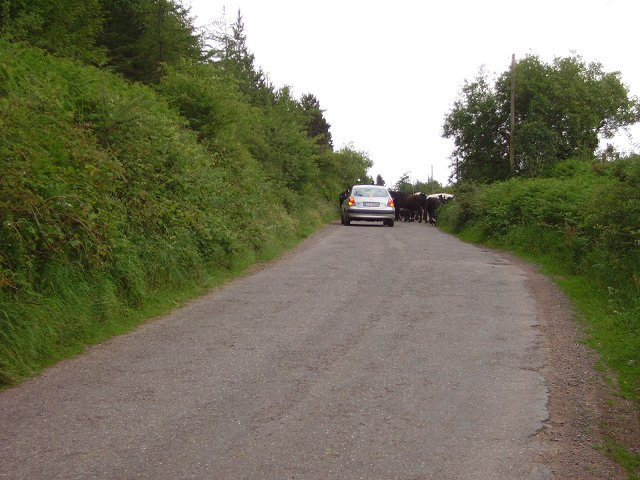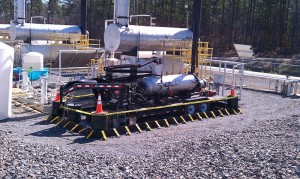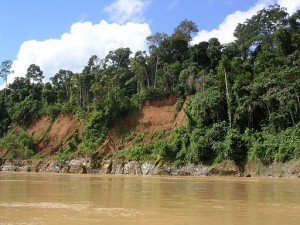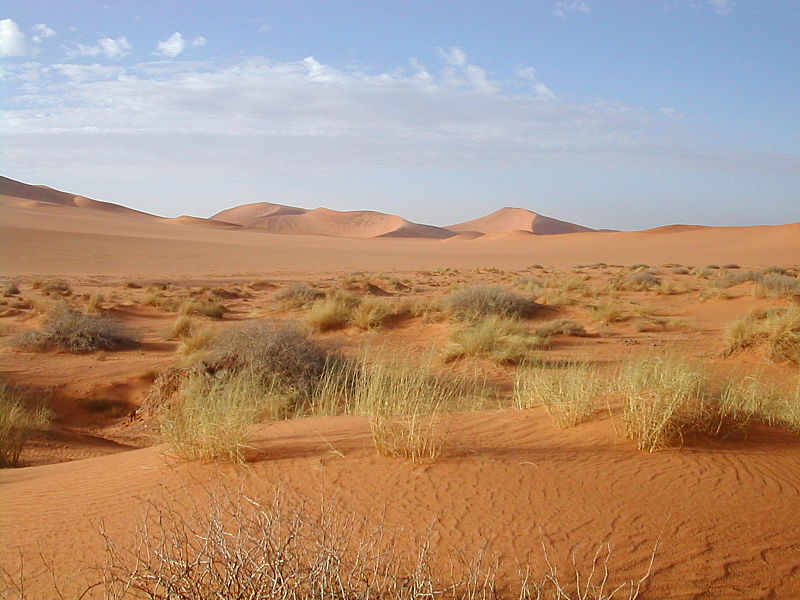Step Away From The Car: The Dilemma of a Roving Conservationist
While those working in cities often can (and should) turn to organised reliable public transport, almost everyone I know living in rural areas relies heavily on their car for the commute, the school run and getting out to visit friends.
 Image: Richard Webb [CC-BY-SA-2.0 (http://creativecommons.org/licenses/by-sa/2.0)], via Wikimedia Commons
Image: Richard Webb [CC-BY-SA-2.0 (http://creativecommons.org/licenses/by-sa/2.0)], via Wikimedia Commons By Lowell Mills
As a society we are under pressure, most crucially from the scientific community, to get into the habit of leaving our cars and relying on other forms of transport for our daily routines. One of the first arguments likely to be raised by anyone on the street about this issue is that they need their car for work. While those working in cities often can (and should) turn to organised reliable public transport, almost everyone I know living in rural areas relies heavily on their car for the commute, the school run and getting out to visit friends. As a field ecologist it appears I also fall into this second category, and its irony has not escaped me.
My work regularly involves travelling between Northumberland and the Scottish Borders, Yorkshire and Lincolnshire and, once there, making visits to numerous sites. I often rack up weekly mileages of more than 500 miles. Car-sharing with co-workers is often considered and quickly thrown out: it is simply not possible on the majority of days. A quick browse through the vacancies on this site will likely see the phrase ‘clean UK driving license’ turn up again and again: We field-based workers are expected to drive for work on a regular basis, yet we are linked to the scientific camp which states that this habit may cost the Earth.
Can we perhaps excuse ourselves from feeling guilty about driving because it is offset by the work that we do? By relying on our cars while dedicated to the cause of conserving the environment, do we not risk appearing to have double standards in the eyes of society in general? Your comments would be welcome below. Indeed, with many outstanding nature spots being best accessed by car, this issue may equally concern those simply wanting to enjoy nature to the full guilt-free. Perhaps affordable or second-hand hybrid cars, and greater availability of charging points, may be just around the corner. For now, check out some tips on greener driving (obeying the speed limit, half-filling your tank, and soft braking and acceleration are all good starters), and while we’re on the subject, if you’re currently driving for volunteer work it’s worth checking your insurance is watertight.





No comments yet.